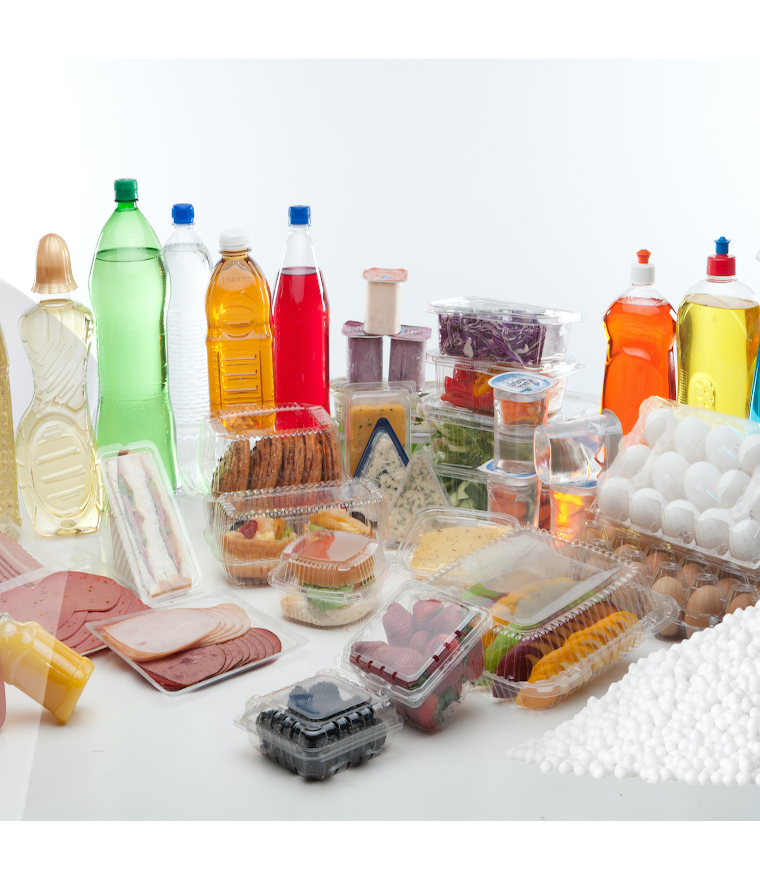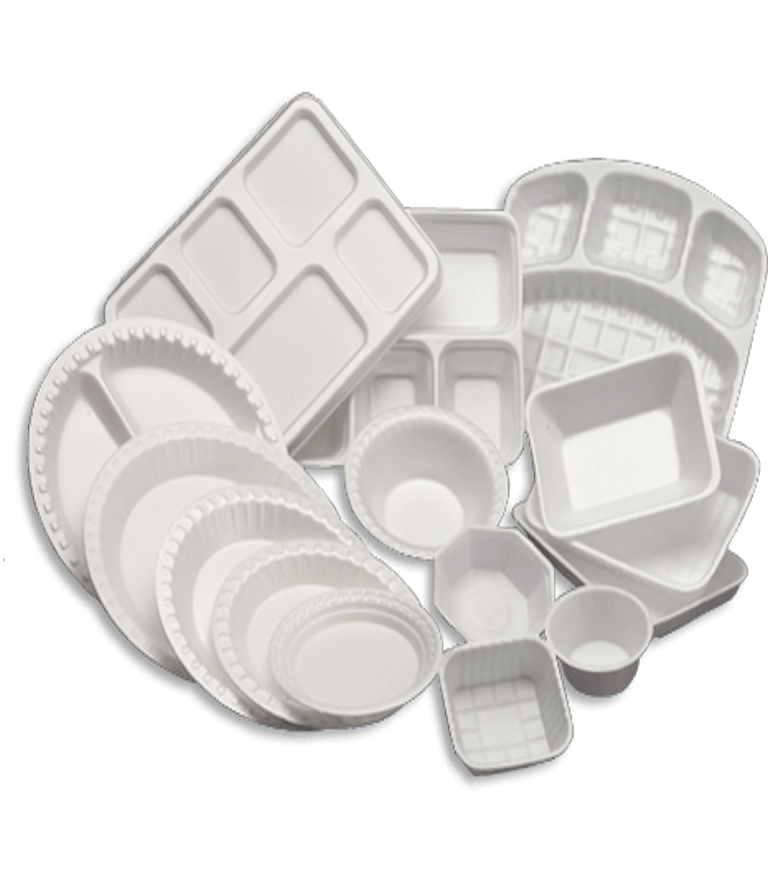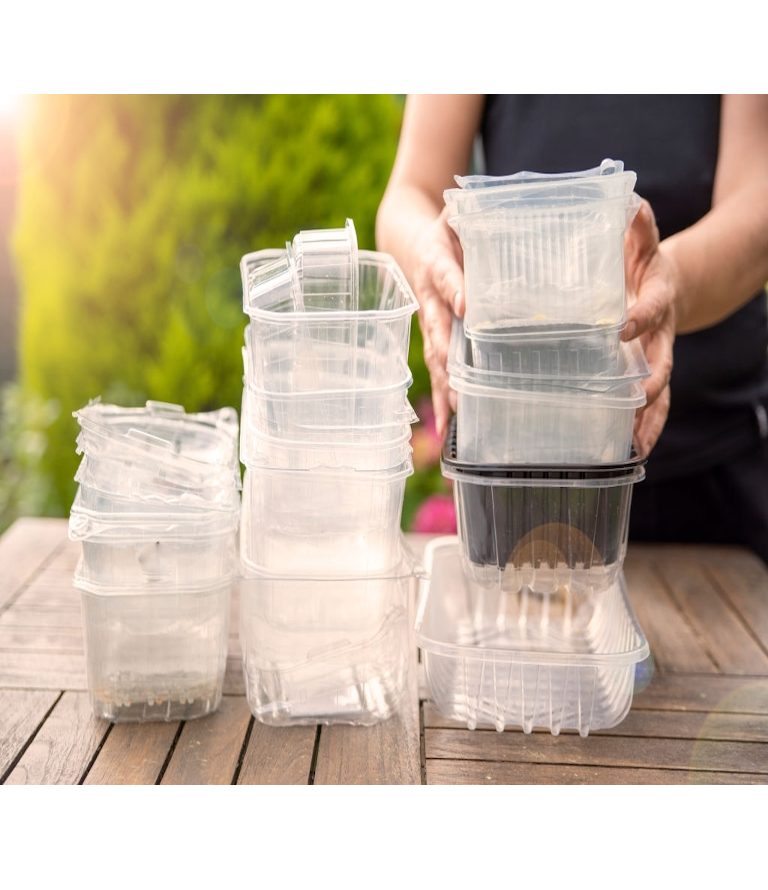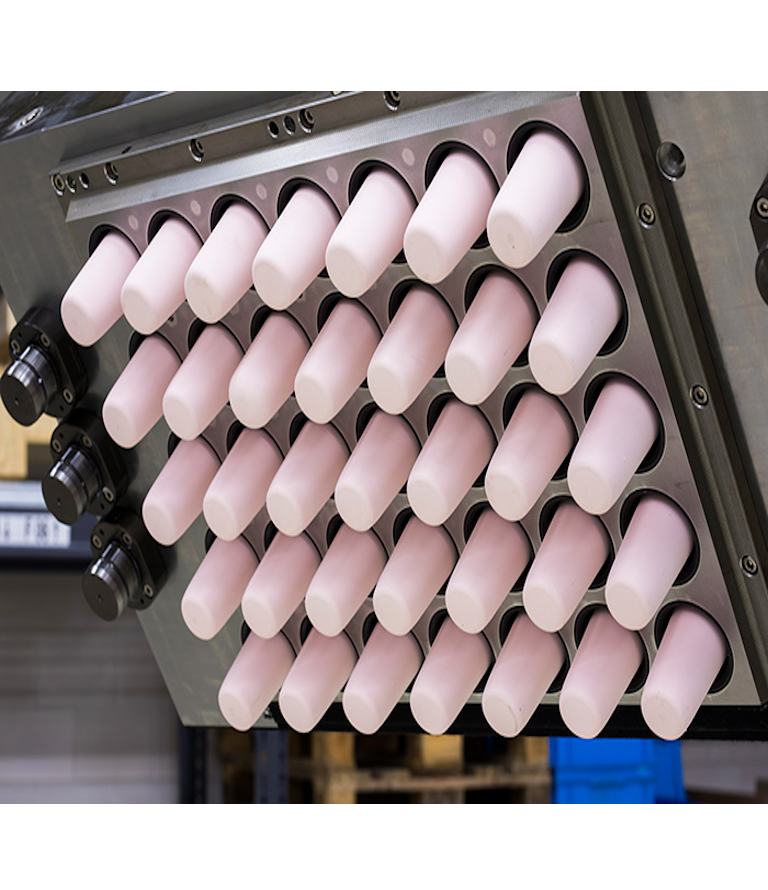RENFRAW®
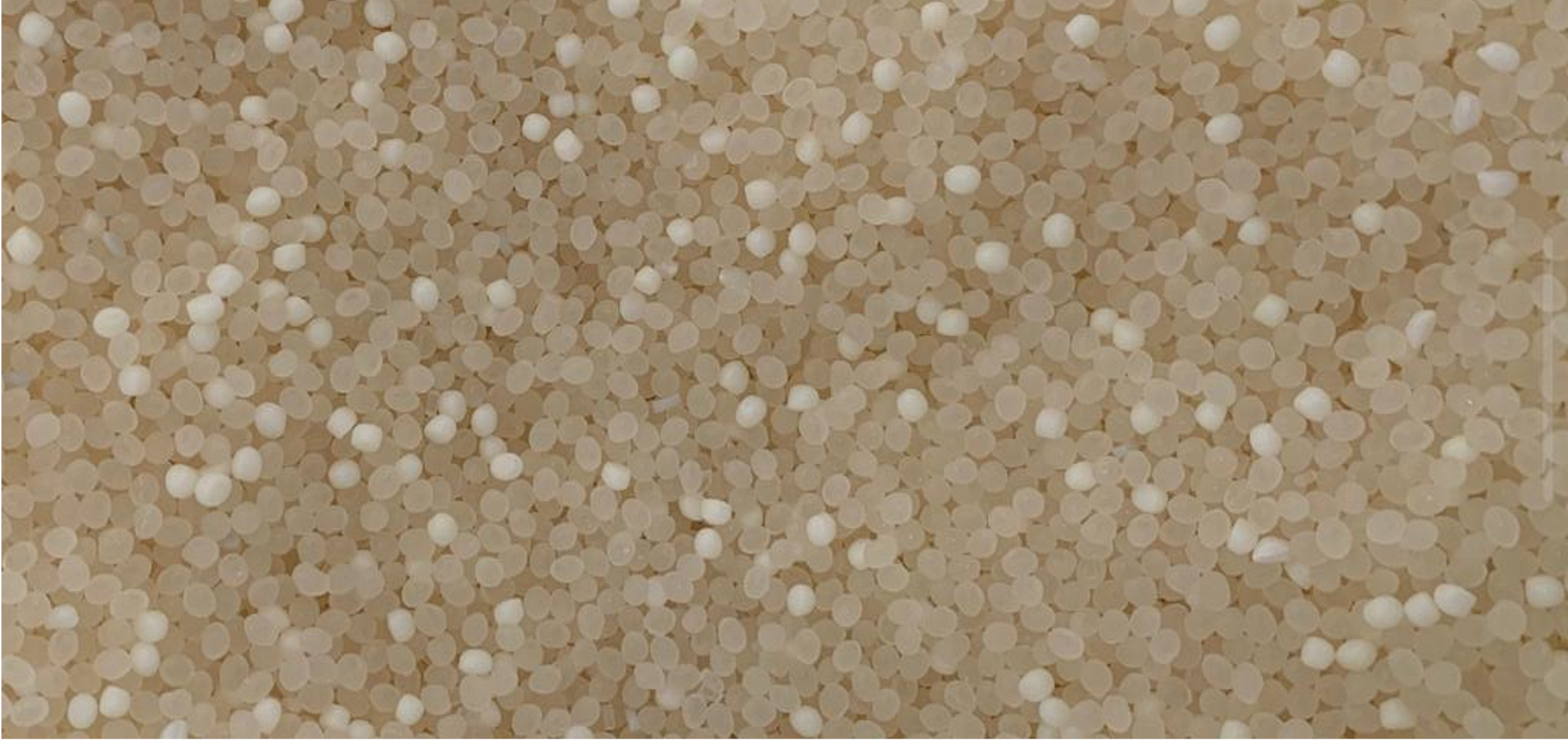
Biodegradable and certified compostable resin.
The overview!
RENFRAW® 5000 Series - Thermoforming
Is a versatile and high-quality bioplastic. The main advantages: It is certified and compostable.
Compostable resins can be used in many different applications but one of the most common uses is in thermoforming. Thermoforming is a process where parts are formed using a heated mold with plastic sheeting placed on top. This process allows companies to create custom pieces quickly and efficiently without having to invest in expensive fabrication equipment like injection molding machines or blow molding machines. It also allows you to create shapes that would not be possible with traditional manufacturing techniques such as injection molding or blow molding because thermoforming only requires a flat surface like an extrusion die or sheet roller system instead of complex shapes like those required by injection molding or blow molding methods.
The use of a compostable resins in the thermoforming industry is becoming more popular as companies are looking for materials that are sustainable and environmentally friendly. Compostable resins are made from renewable raw materials such as plants. The use of this type of material is beneficial to both the environment and the end user because it helps reduce greenhouse gas emissions, waste disposal costs and landfills.
| Benefits: | Compostable & Biodegradable |
| Printable & Weldable | |
| High Quality | |
| And many more! |
High quality product
RENFRAW® 5000 Series - Thermoforming
The thermoforming industry is one of the largest users of plastics, so this new product could have an enormous impact on the environment by reducing plastic waste and pollution.
RENFRAW® has all the advantages of traditional thermoform plastics, including strength and durability, with none of their disadvantages: no heavy metals or toxic chemicals are used in its production; no harmful byproducts are produced while it's being processed; and it will not leach harmful substances into soil or water when disposed of properly.
Many companies have started using bio-based resins instead of traditional plastics because they are less harmful to the environment and have lower carbon emissions during production than petroleum-based resins do. Bio-based resins also tend to be more flexible than most petroleum-based ones, which makes them easier for manufacturers to work with when creating custom packaging designs for their products.
Key properties
- Reliable and high performance
- Suitable for food contact
- The best blend component for bioplastics
- Processable on conventional thermoforming machines
